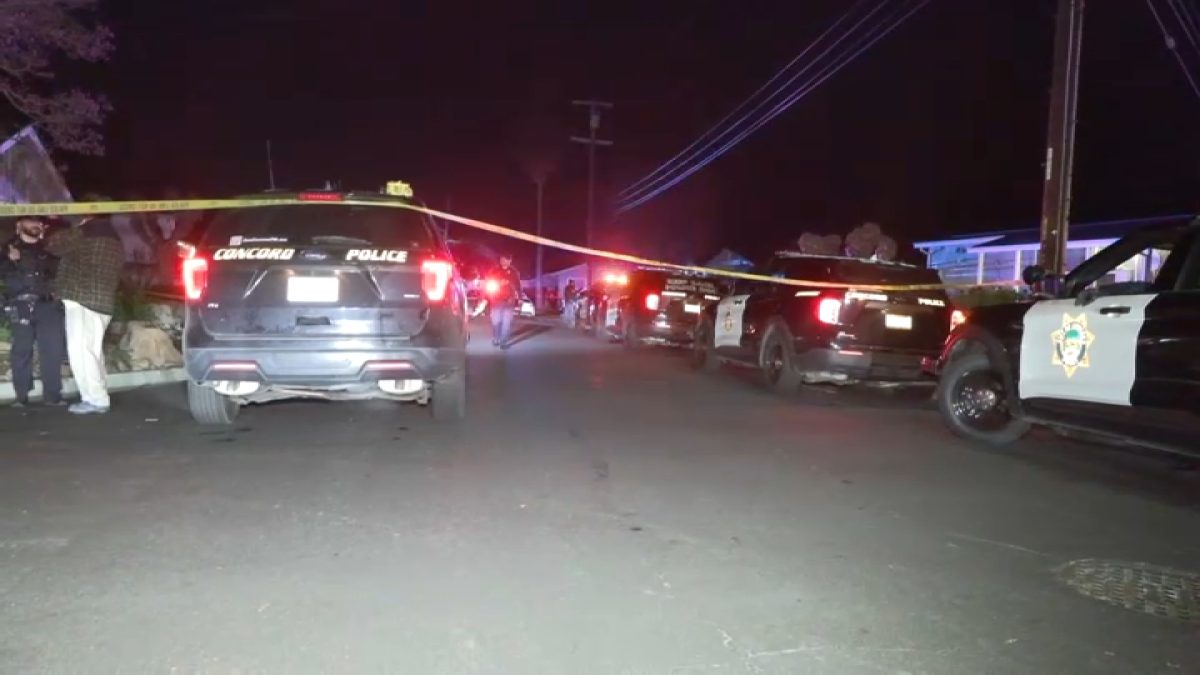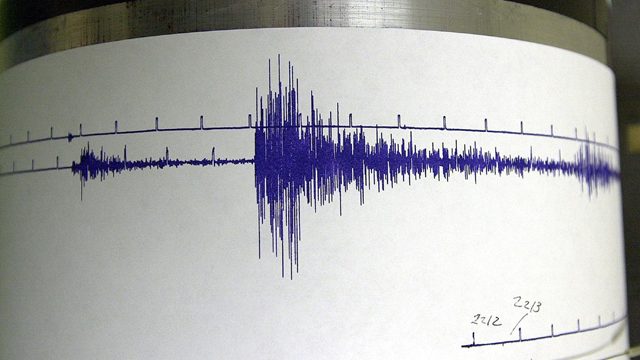In the coming days, Santa Clara County will decide if it wants to ban artificial turf on county land. Investigative Reporter Candice Nguyen reports.
Santa Clara County Supervisor Otto Lee and proponents of his proposal to ban artificial turf on county-owned land rallied in San Jose Friday, just days before the board is expected to vote on the controversial proposal.
Lee proposed the ban last year, citing toxic chemicals commonly found in the components of artificial turf fields, along with environmental concerns such as microplastic pollution and limited recycling options for plastic fields at the end of their lifespans.
“I hope that this would help not only make our county a safer place for the public but also make this as a potential example for other jurisdictions to learn from,” Lee said.
However, the proposed ban has been met with significant pushback from artificial turf manufacturers and many involved in the local youth sports community. They say swapping plastic fields for grass would exacerbate a shortfall of well-maintained fields for kids and adults to play, particularly in dense urban areas such as the Bay Area.
“We need areas for our kids and our adults, our community, to play sports all year round,” said Sandra Todd, a youth sports advocate who has experience managing both grass and artificial turf fields through a local soccer club and outdoor sports center. “I don’t know anybody who’s advocating that we put artificial turf everywhere we can. No. Let’s put it where we have needs, high needs, for our athletic playing surfaces. That’s where it excels.”
Lee was joined at the press conference by representatives from local environmental groups supporting the ban, such as Susan Hinton from the Sierra Club Loma Prieta Chapter, who cited a global plastic pollution problem and human health concerns.
“Those chemicals of concern, some of them are known to harm wildlife, others are known to harm humans,” Hinton said of chemicals often found in artificial turf fields.
Local
The Santa Clara County Medical Association also supports the proposal and had two members in attendance.
“We reviewed the scientific evidence regarding health and environmental concerns which have been raised,” said Dr. Cindy Russell, the co-chair of the Environmental Health Committee for the Santa Clara County Medical Association. ”These include potential harm from exposure to microplastics and hazardous chemicals. Higher temperatures on plastic turf. Reported increase in sports injuries, along with environmental concerns.”
Get a weekly recap of the latest San Francisco Bay Area housing news. Sign up for NBC Bay Area’s Housing Deconstructed newsletter.
But opponents of the ban say some of those fears have been blown out of proportion and point to industry advancements they said are helping to address concerns about health and the environment.
“Use plastics in general in the right place where they’re solving a specific problem where there is no other solution and continue to move forward,” Todd said. “The technology to reuse, to reduce the possibility of microplastics, to increase the recyclability of these things, to decrease the chemical components, I think everybody can acknowledge we’re seeing vast improvements in all of those areas with artificial turf.”
What the proposed ban would do
The proposed ordinance would prohibit the installation of artificial turf or synthetic grass on county property, with a few exceptions, and ensure any existing artificial turf fields meet specific requirements.
A second version of the ordinance that’s also in front of county supervisors would exempt athletic fields from the ban.
Most of those in attendance at the rally were supporting the more comprehensive ban.
Only a handful of locations in the county would be affected, including the Twin Creeks Sports Complex in Sunnyvale and a private school currently leasing county land. The ban could also impact the San Jose Earthquakes’ plan to build artificial turf soccer fields at the county fairgrounds.
The ordinance wouldn't force the immediate removal of plastic turf fields where there’s already a lease agreement in place but would require grass fields when the turf needs to be replaced, or the lease expires.
While this specific ban might be limited in scope, critics like Todd fear other localities watching what happens in Santa Clara could follow suit. Supporters of the ban hope that happens.
County health department report
The county’s public health department recently released a report on artificial turf in response to Lee’s proposed ban.
The department’s study found that artificial turf fields contain potentially toxic chemicals, such as PFAS, "which can accumulate within the human body, wildlife, and the environment, and are associated with a range of possible negative outcomes," according to the report.
However, the report states that the exposure risk to humans from using artificial turf fields is unclear and studies have found no proven link between plastic playing surfaces and cancer.
The report determined that artificial turf fields can typically withstand more than three times the hours of play as a grass field but also highlighted environmental concerns.
“Recycling of artificial turf is not widespread,” the report states, noting only a small handful of facilities in the U.S. claim to be able to recycle plastic fields. As a result, the department found the fields likely contribute to “a significant landfill burden” and have also been found to pollute waterways with microplastics.
“Turf fields are not meaningfully recycled,” said Susan Chapnick, the president and principal scientist of the environmental consulting firm New Environmental Horizons. “One of the major reasons why the industry hasn’t been able to figure out how to recycle this is because the plastics and the different parts of it are so heterogeneous. You’ve got the infill, you’ve got the plastics, you’ve got the adhesives, you’ve got the backing. It’s not uniform.”
However, the health department spoke to companies that say technological advancements are helping to make artificial turf recycling increasingly possible. One of those companies was TenCate, a large global manufacturer, distributor, and installer of artificial turf fields.
“What we do now is we take that turf field, we clean it, we grind it up, we turn it into pellets,” said Joe Fields, CEO of TenCate Americas, describing how the company mechanically recycles the plastic carpets on artificial turf fields. “And it can be turned into other useful products. For instance, lumber.”
TenCate is a Dutch company, and Fields says that the process is now being used on artificial turf fields all over the Netherlands.
In California, however, there is only one facility that purports to be able to mechanically recycle the plastic carpet from artificial turf fields, though Fields said TenCate is hoping to build a similar operation in the state and is currently going through the permitting process. The company has also developed plastic fields that don’t require infill, he said, which helps mitigate the risk of microplastics migrating from the field and into waterways.
“A turf ban in Santa Clara County would be a real tragedy,” he said. “At the core of the argument is really equity of play for kids. Artificial turf fields are going to enable more play.”
Lee and his supporters, however, don’t agree they have to make a choice between banning artificial turf or having enough fields for kids to play. Instead, they’re advocating for more and better-maintained grass fields and say new kinds of natural turf hold promise to extend playing time without having to rely on synthetic surfaces.
“I understand that there’s certainly a shortage of fields in Santa Clara County for kids to play on,” Lee said. “I absolutely agree with that. But I think the solution is not necessarily building more fields with plastic turf.”
The Santa Clara County Board of Supervisors is expected to vote on the proposed artificial turf ban on Tuesday.



